Blog
Timeless Muslim Beauty Secrets: Islamic Tips for Glowing, Youthful Skin
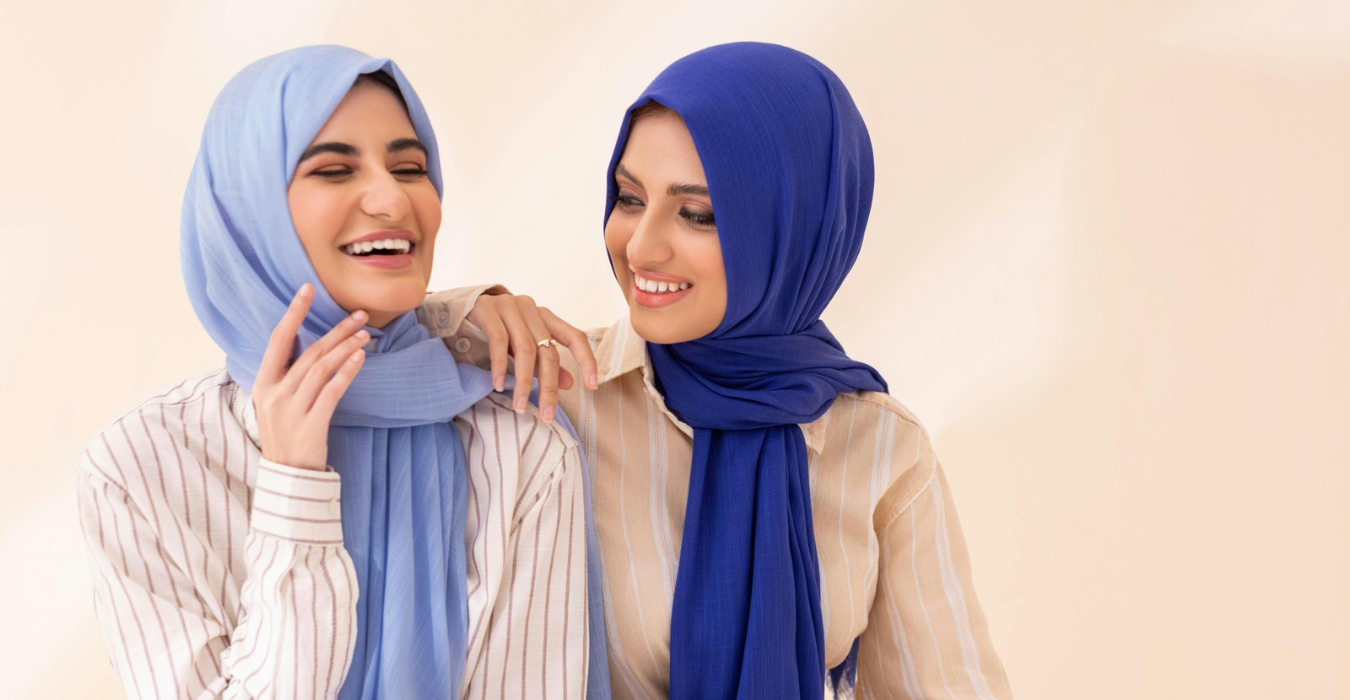
When it comes to beauty that radiates grace, serenity, and youthfulness, Muslim women seem to possess an effortless glow—and no, it’s not just good genes. Rooted in centuries of faith-infused rituals, natural remedies, and intention-driven self-care, the Islamic approach to beauty is holistic, spiritual, and refreshingly simple.
Let’s unravel the elegant mystique of Muslim beauty and explore how Islamic traditions promote timeless youth—from wudu to rosewater, modesty to mindfulness.
🌿 Beauty in Islam: A Divine Balance Between Inner and Outer
In Islam, beauty is never just skin deep. It’s deeply tied to character, piety, and the sincere intention (niyyah) behind every action—even your skincare routine.
“Indeed, Allah is beautiful and loves beauty.” — Prophet Muhammad (peace be upon him)
Islam encourages self-care, hygiene, and personal grooming—but always wrapped in modesty and mindfulness. Beauty isn’t flaunted; it’s cultivated, cherished, and honored as a gift from God.
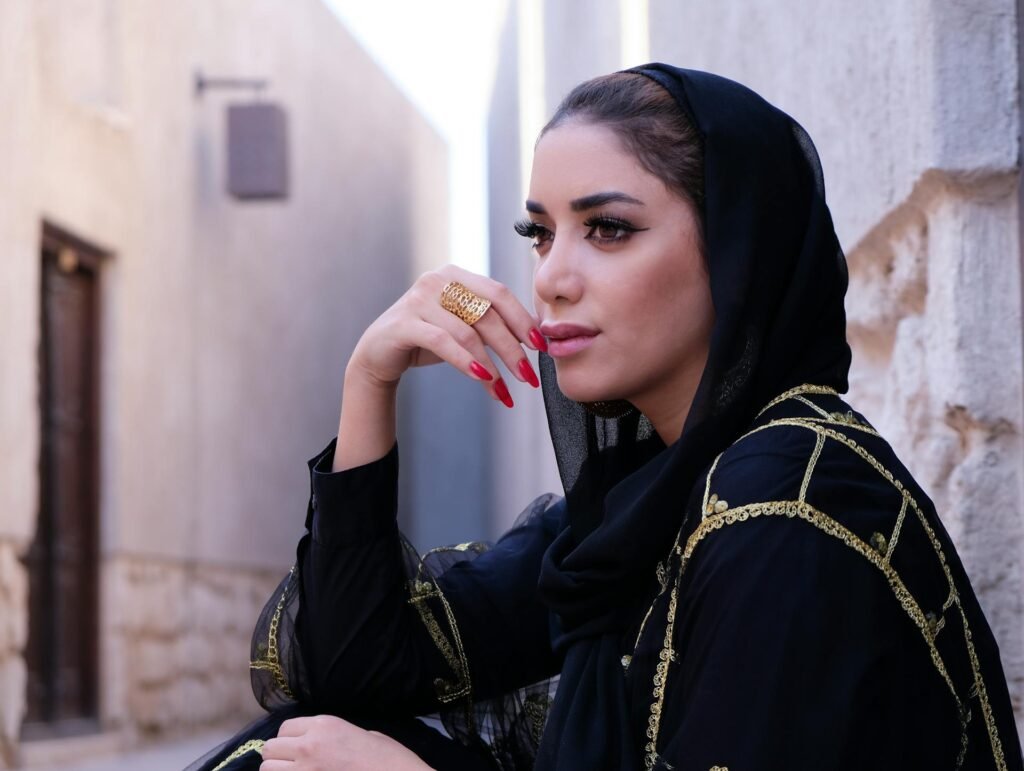
🧼 Foundations of Islamic Beauty: Faith, Purity & Balance
Here’s what makes Muslim beauty so enduring—it’s not a 12-step product routine; it’s a lifestyle rooted in ritual.
Core Practices That Cultivate Radiance
| Practice | What It Is | Beauty Benefits |
|---|---|---|
| Wudu (Ablution) | Ritual washing of face, arms, and feet before prayer—done 5x a day | Refreshes the skin, unclogs pores, boosts circulation, and creates a radiant glow |
| Ghusl (Full Bath) | Full-body purification after certain events | Deep-cleanses skin and scalp, energizes the body, and enhances spiritual freshness |
| Halal Products | Products free from alcohol, pork derivatives, and harmful chemicals | Gentler on skin, ethically made, and spiritually conscious |
| Moderation | Balanced lifestyle in food, adornment, and habits | Promotes clear skin, better digestion, and emotional balance |
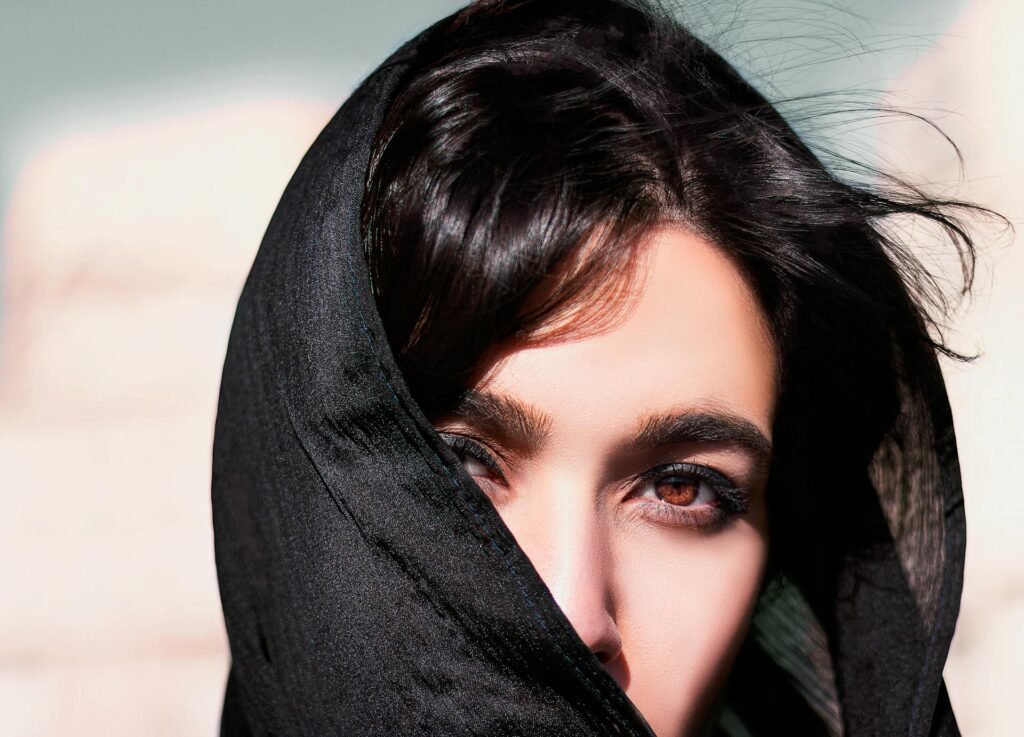
🌸 Nature’s Beauty Cabinet: Traditional Ingredients with Timeless Results
Muslim women, from Marrakech to Jakarta, have long turned to the earth’s bounty for beauty solutions. Here’s a look at natural Islamic beauty staples that work like charm—and science agrees!
🌺 Key Ingredients Used in Islamic Beauty Traditions
| Ingredient | Origin & Use | Benefits |
|---|---|---|
| Henna (Lawsonia) | Used on hair, hands, and feet | Natural dye, strengthens hair, cools scalp, soothes skin |
| Argan Oil | Moroccan “liquid gold” used on skin and hair | Rich in vitamin E, anti-aging, moisturizing, and shine-enhancing |
| Rosewater | Distilled from rose petals—used as toner or facial mist | Balances pH, hydrates skin, calms inflammation |
| Black Seed Oil | Derived from Nigella Sativa seeds | Treats acne, eczema, promotes hair growth, reduces wrinkles |
| Miswak (Tooth Twig) | Salvadora persica stick used for oral hygiene | Natural antibacterial properties, strengthens gums, whitens teeth |
“Use the Miswak, for it purifies the mouth and pleases the Lord.” — Prophet Muhammad (peace be upon him)
💖 Intention is Everything: The Inner Glow
One of the most beautiful aspects of Islamic beauty rituals is the power of intention (niyyah). Whether it’s brushing your hair, applying oil, or making wudu, when done with the intention to honor the body as a gift from Allah, your routine becomes an act of worship.
Gratitude also plays a pivotal role. A thankful heart reflects outward, creating a natural glow that no highlighter can replicate.
🧕 Modesty: The Unsung Beauty Principle
In Islam, beauty isn’t about turning heads—it’s about honoring dignity.
- Modesty (Haya) promotes inner confidence and discourages vanity.
- Adornment is encouraged—but within limits, avoiding excess or attention-seeking.
- Makeup? Permissible—with clean ingredients and humble intention.
Modesty creates room for your inner beauty—kindness, patience, spirituality—to shine through.
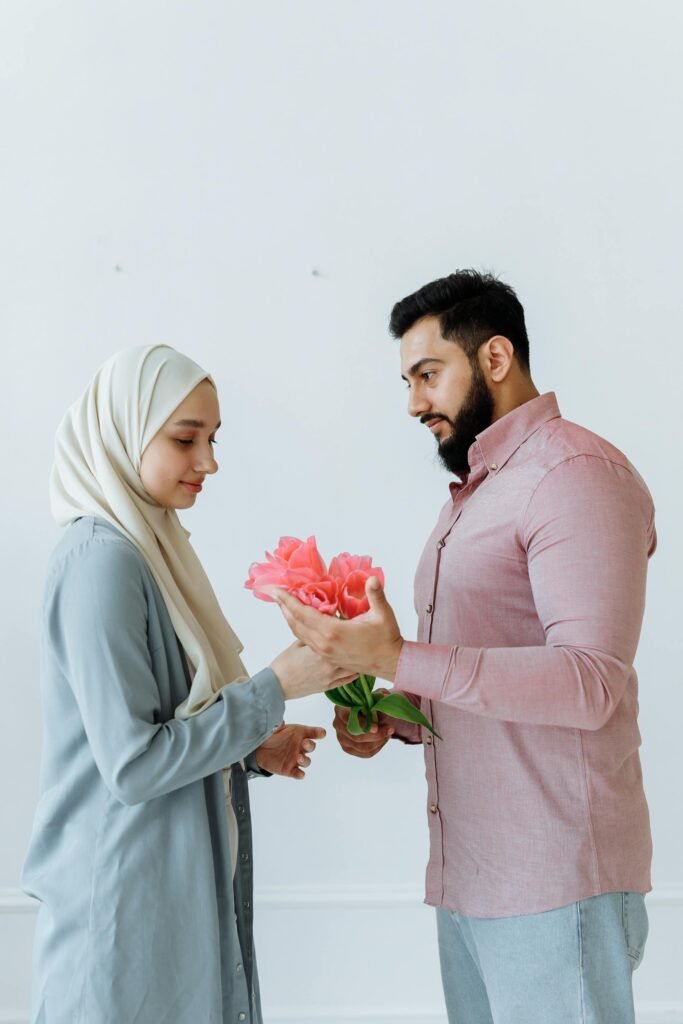
📌 Summary: Islamic Beauty in a Nutshell
Here’s a one-glance recap of what makes Muslim beauty practices so unique:
| Element | Purpose |
|---|---|
| Spiritual Intent | Every act of care is done for the sake of Allah |
| Daily Rituals | Cleanliness through wudu, ghusl, and hygiene |
| Natural Ingredients | Henna, rosewater, argan oil, black seed oil, and miswak |
| Balanced Lifestyle | Clean eating, moderate living, and gratitude-based wellness |
| Modesty in Adornment | Beauty is preserved through discretion and self-respect |
🙋♀️ Frequently Asked Questions (FAQs)
Q: Are all Muslim women required to use Halal beauty products?
A: Not required, but many prefer Halal-certified products for peace of mind and alignment with spiritual values.
Q: Can Muslim women wear makeup?
A: Yes! Makeup is allowed as long as it’s done modestly, with Halal ingredients, and without the intention to attract unnecessary attention.
Q: Are there Islamic skincare rules?
A: While not overly specific, Islam encourages cleanliness, moderation, and the use of pure, permissible ingredients.
Q: Can men also use these beauty practices?
A: Absolutely. Wudu, miswak, ghusl, and using natural oils are all recommended for men too—just maybe skip the eyeliner unless you’re channeling ancient kohl vibes!
Q: How do culture and Islam influence beauty together?
A: While Islamic guidelines are universal, cultural interpretations shape how they’re practiced. A hijabi in Turkey might have a different beauty routine than one in Malaysia, but both reflect the same spiritual values.
🧾 Quick Lists for Radiant Reference
🌙 Top Islamic Beauty Practices:
- Wudu (5x daily cleansing)
- Ghusl (ritual full-body bath)
- Use of Miswak for dental hygiene
- Moderate, nourishing diet
- Spiritual intentions in self-care
🌸 Must-Have Ingredients:
- Henna: Natural dye & scalp soother
- Argan Oil: Anti-aging elixir
- Rosewater: Gentle toner & mist
- Black Seed Oil: Anti-inflammatory wonder
- Miswak: Nature’s toothbrush
🧘♀️ Final Thoughts: Beauty Rooted in the Soul
The true secret behind Muslim beauty isn’t bottled in a serum or sealed in a skincare jar—it’s found in intention, purity, and purposeful living. It’s about aligning the outer with the inner, the physical with the spiritual.
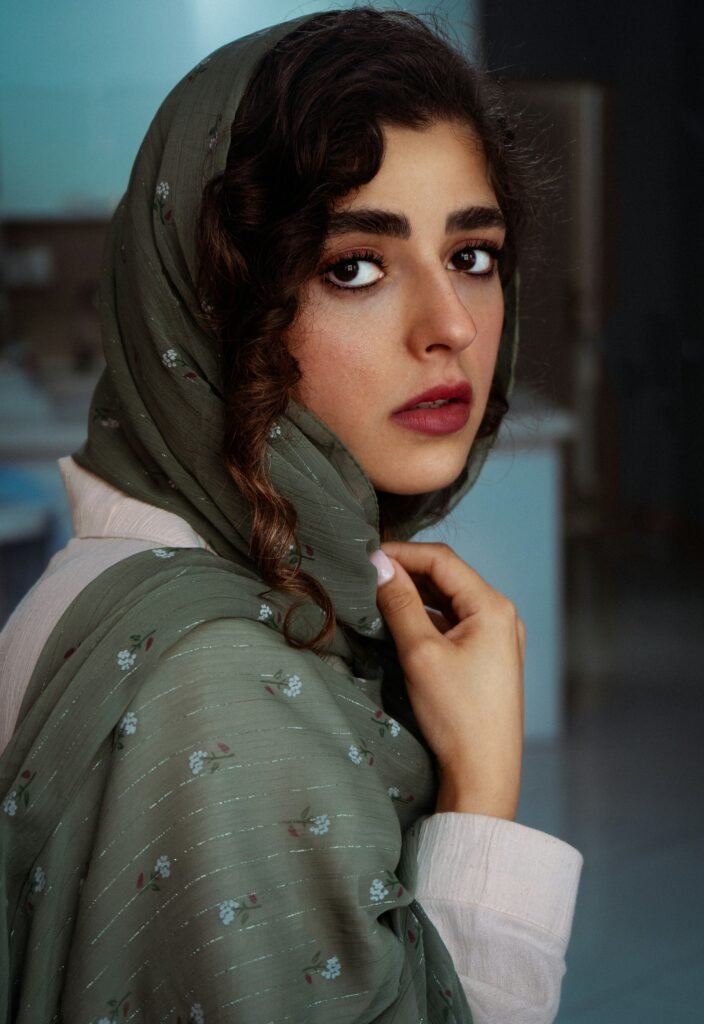
By embracing cleanliness, modesty, and nature’s remedies—guided by faith—Muslim women don’t just look radiant. They embody it.
“Cleanliness is half of faith.” — Prophet Muhammad (peace be upon him)
May your beauty rituals be not just skin-deep, but soul-deep.
Note from the Editor:
This blog post was thoughtfully created using insights generated by ChatGPT, an advanced AI language model by OpenAI, and then lovingly reviewed and edited by a human to ensure accuracy, spiritual alignment, and clarity. At AL-GHAYB, we blend modern tools with timeless wisdom to bring you inspiring, well-researched, and soul-nourishing content you can trust.